Who can apply?
•Individuals may directly apply.
•Third party representatives may also apply on the individuals behalf, with the power of
attorney, signed by two witnesses (paper/electronic form available at local magistrate ́s office).
•Certain UK prospective employers may apply; contact Icelandic embassy for more details.
Where?
• Applicants are encouraged to appear in person, post, fax or e-mail applications to the District
Magistrate in Kópavogur (local and overseas), or their local police station (local applicants) (see
below).
What must the applicant supply?
Local applicant in person:
• Valid Photo ID
• Fee payment
• Self-addressed, stamped envelope
• Overseas applicants:
• Details of their last Icelandic address
• State what language they wish certificate to be in
Third Party representatives:
• Written power of attorney form
• Provide name and social security number of subject, representative and the two witnesses.
What are the costs / turnaround times?
• Issued at ISK 1,350 (approx. GBP£8)
• Payable by cash, debit/credit card or bank transfer (contact nearest Office or embassy for more details).
• Turnaround time dependent on pre-paid services requested (1st class, 2nd class or courier).
Contact Details
Office of the District Magistrate in Kópavogur:
Sýslumadurinn í Kópavogi
Dalvegi 18
201 Kópavogur
Iceland
Tel: 00354 560 3000
Fax: 00354 560 3090
Website:http://www.syslumenn.is/utanrvk/leyfi_skirteini/sakavottord
(Icelandic)
Email:Kopavogur@syslumenn.is



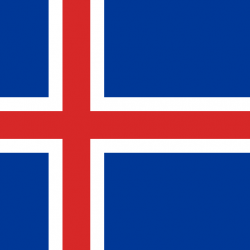
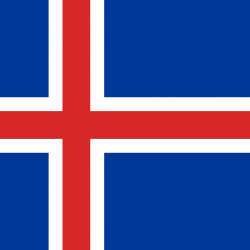
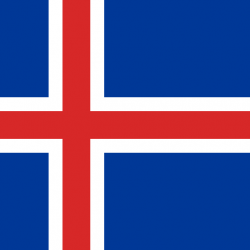
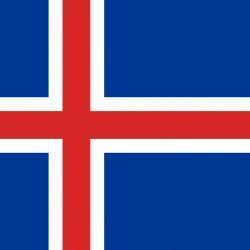
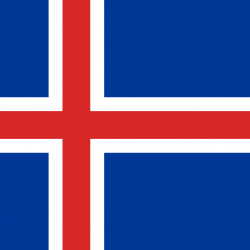
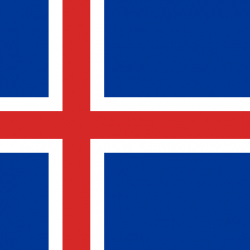
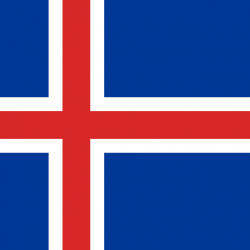

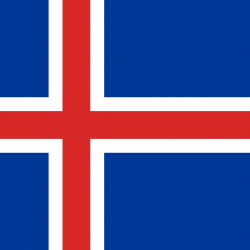
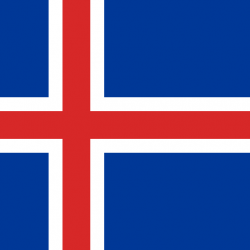
 We will not leak your personal information
We will not leak your personal information